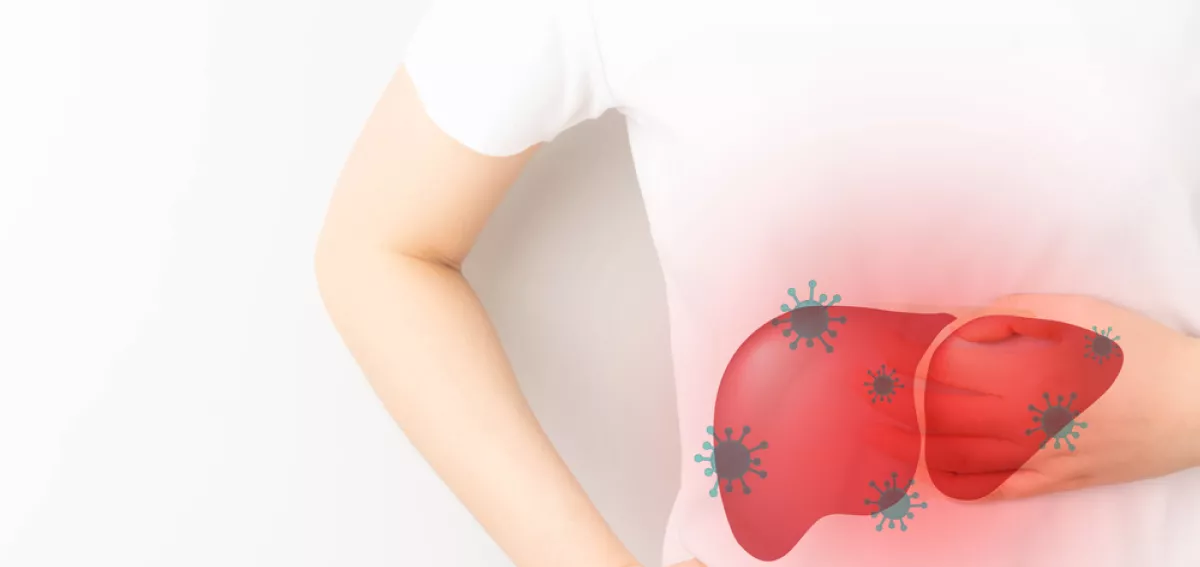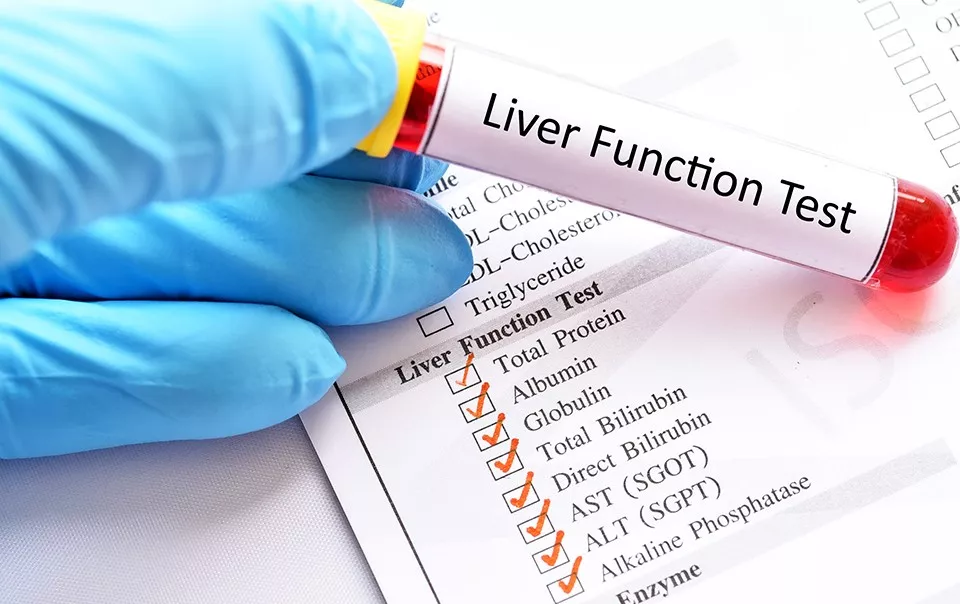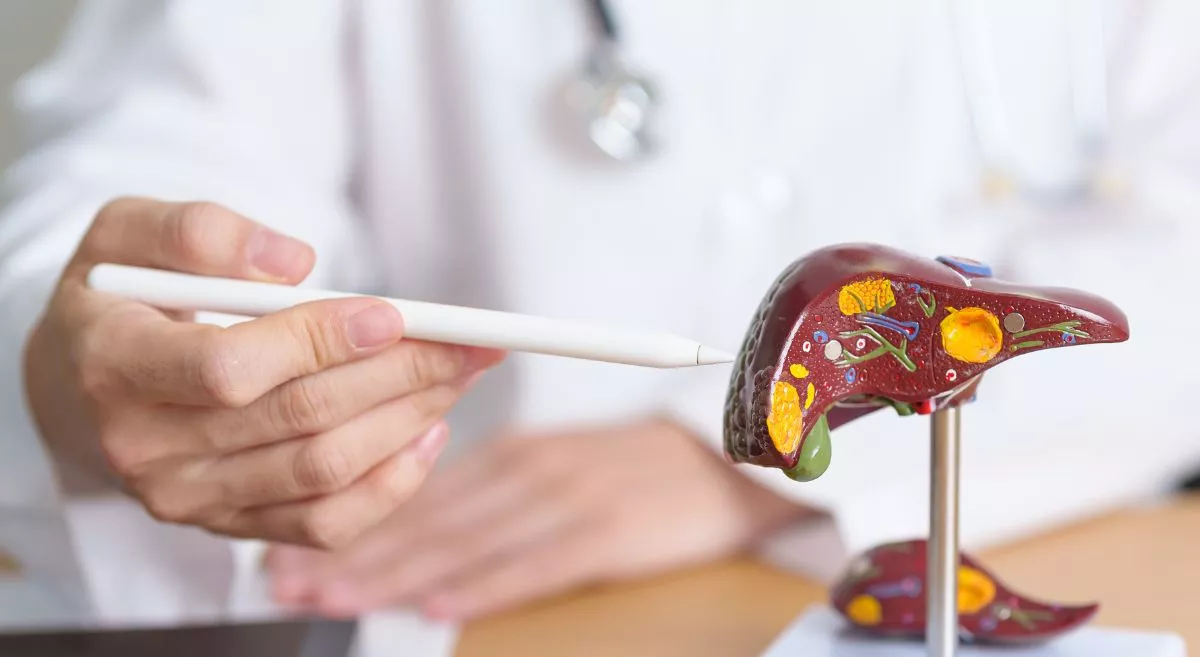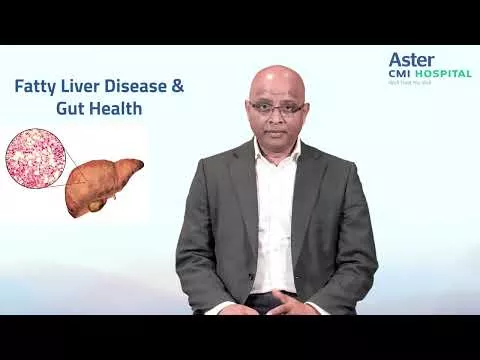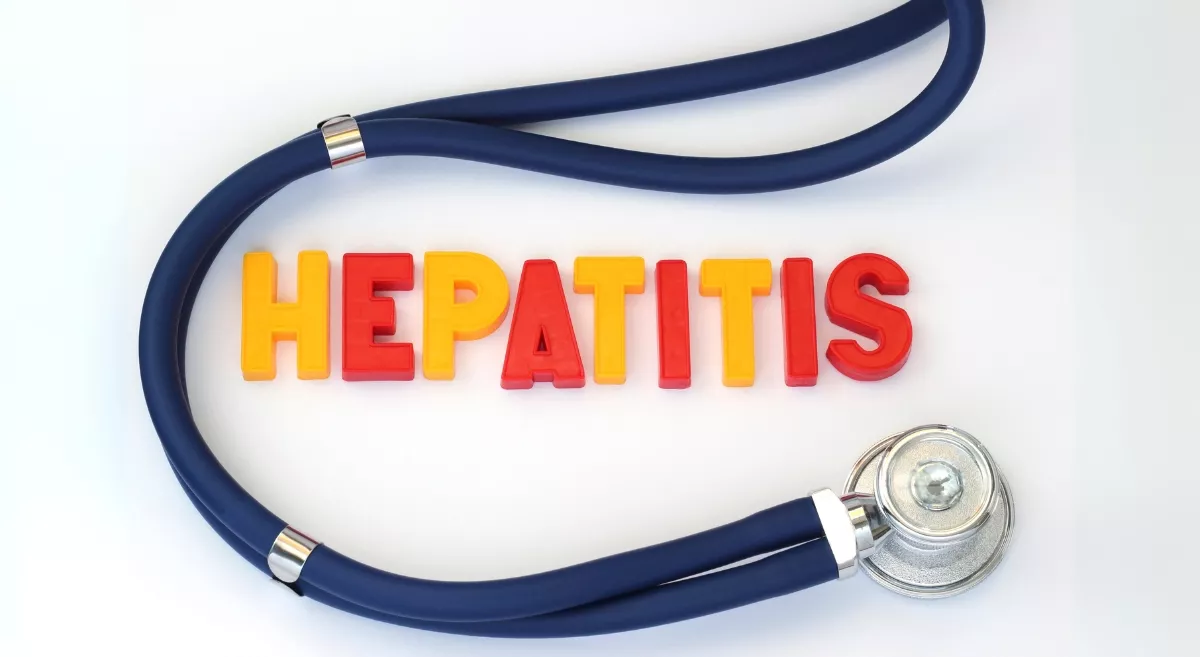Liver Disease: Types, Symptoms, and Management
The Liver is a wedge shaped organ located under upper abdomen on the right side just below diaphragm under rib cage. The normal functions of liver are 1.Bile production and excretion, 2.Excretion of bilirubin cholesterol, hormones & drugs 3.Metabolism of fats, proteinsand carbohydrates, 4.Enzyme activation 5.Storage of glycogen, vitamins, and minerals and Synthesis of plasma proteins, such as albumin, and clotting factors
Any diseases that affect liver lead to disruption normal functions of liver leading to liver failure,which can treated early to further deteriotion of condition requiring liver transplantation .Your doctor can help you learn more about liver disease and details of Liver procedure and liver transplant cost in Aster-RV Hospital Bangalore.
Liver Disease
Over fifty million people in the world, taking the adult population, are expected to be affected with chronic liver disease.1
Liver disease refers to any of the conditions that can damage your liver. This can range from fatty liver to liver cancer. Risk factors for liver disease include everything from obesity and excessive alcohol consumption to virus or toxin exposure. Genetic cases of liver disease are also prevalent. Timely detection through a liver function test can help diagnose and treat the condition in time to prevent complete liver failure or liver cancer.
Types of Liver Disease
There are different types of liver disease based on their causative factors. These include:
Fatty Liver
- Alcohol-related fatty liver disease
- Non-alcohol-related fatty liver disease (NAFLD)
Viral infections
- Hepatitis A
- Hepatitis B
- Hepatitis C
- Hepatitis D
- Hepatitis E
Genetics
- Wilson disease
- Hemochromatosis
- Alagillae Syndrome
Autoimmune Conditions
- Primary biliary cholangitis
- Autoimmune hepatitis
- Primary sclerosing cholangitis
Liver Cancer
- HCC
- Hepatoblastoma -in Children
- Secondaries in Liver
Benign Liver conditions
- Hepatic adenoma
- Haemangioma
- Hydatid Cyst
- Amoebic Liver Abscess
- Hepatoblastoma -in Children
In recent years, over 75 million people are diagnosed with alcohol-use disorders and are at risk of alcohol-associated liver disease. Further around 2 billion adults are obese or overweight and over 400 million have diabetes; both of which are risk factors for non-alcoholic fatty liver disease and hepatocellular carcinoma.2
Symptoms of Liver Disease
The initial stages of liver disease may not show any symptoms. Fatty liver symptoms can be practically non-existent for years causing them to worsen. This is why regular screening using a liver function test is helpful.
Here, we take a look at common symptoms to watch out for:
- Jaundice (yellowing of the skin and eyes)
- Pain on the right side of the abdomen
- Changes in urine colour (becoming dark)
- Swelling in the legs and ankles
- Nausea or vomiting
- Chronic fatigue
- Lack of appetite
- Bruising easily
Diagnoses and Management of Liver Disease
Diagnosing liver disease can be done through the following methods:
Liver Function Test: This is a blood test that measures different parameters of liver function including level of enzymes as well as blood-clotting. Any levels of abnormality here may require further tests.
Imaging tests: Scans such as an ultrasound, MRI, or CT scan and Fibroscan can help in Diagnosing fat in the liver, level of fibrosis and any mass in the liver .
Biopsy: In certain cases, the doctor may require a sample tissue of the liver to check for infection or disease. This is done by using a thin needle to remove a small amount of tissue.
Management of Liver Disease
The management and treatment of liver disease will differ based on the Specific type of disease and its severity. Fatty Liver & Alcoholic patients are treated with life style modification, like regular exercise, to maintain ideal body weight, balanced diet, responsible alcohol intake etc. Viral infections are prevented with Vaccination ,especially Hepatitis -B and A , Hepatitis B & C Virus can be, prevented by safe sex, avoiding contaminated syringes and Sharing Needles and treated if detected early by testing. A & E are water and food borne which can be prevented by hygiene
Tips to Maintain a Healthy Liver
The liver is largely impacted by diet and lifestyle. Simple healthy tips can keep your liver healthy and prevent or mitigate a disease. These include:
- Reducing a diet rich in processed or junk food that has high sodium, sugar, and fat. Instead, opt for a diet rich in fresh fruits and vegetables.
- Eliminating or reducing alcohol consumption
- Avoiding certain medicines that may elevate your risk of developing liver disease.
- Adding a regular exercise regime to your daily life to support better liver function
- Reducing exposure to harmful toxins and viral infections through proper vaccination and care protocols
Conclusion
Liver disease can take several forms. However, timely diagnosis and treatment can help prevent this condition further deterioration to Liver Cirrhosis. Be sure to include the liver function test in your regular screening to catch any abnormality in the early stages.
